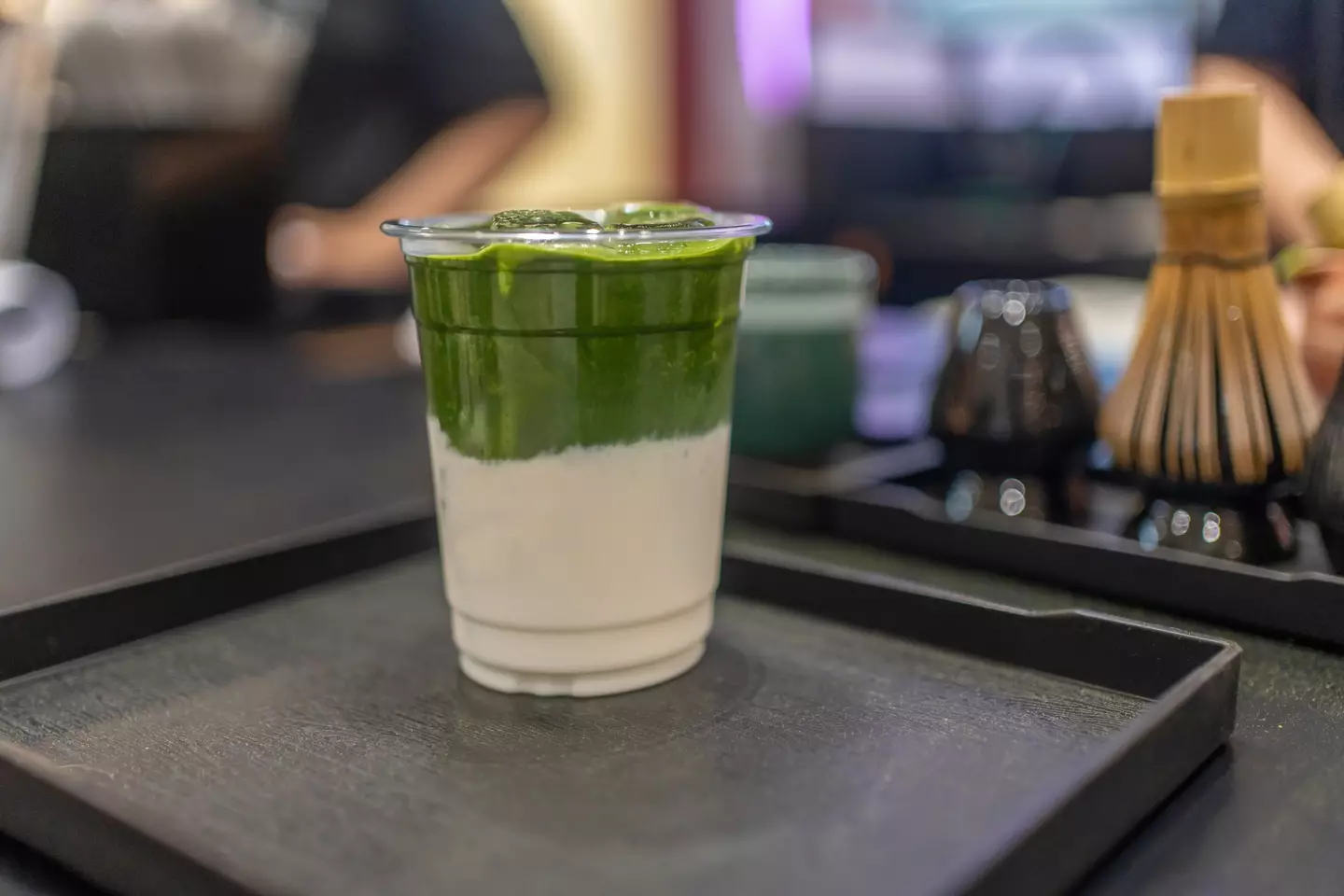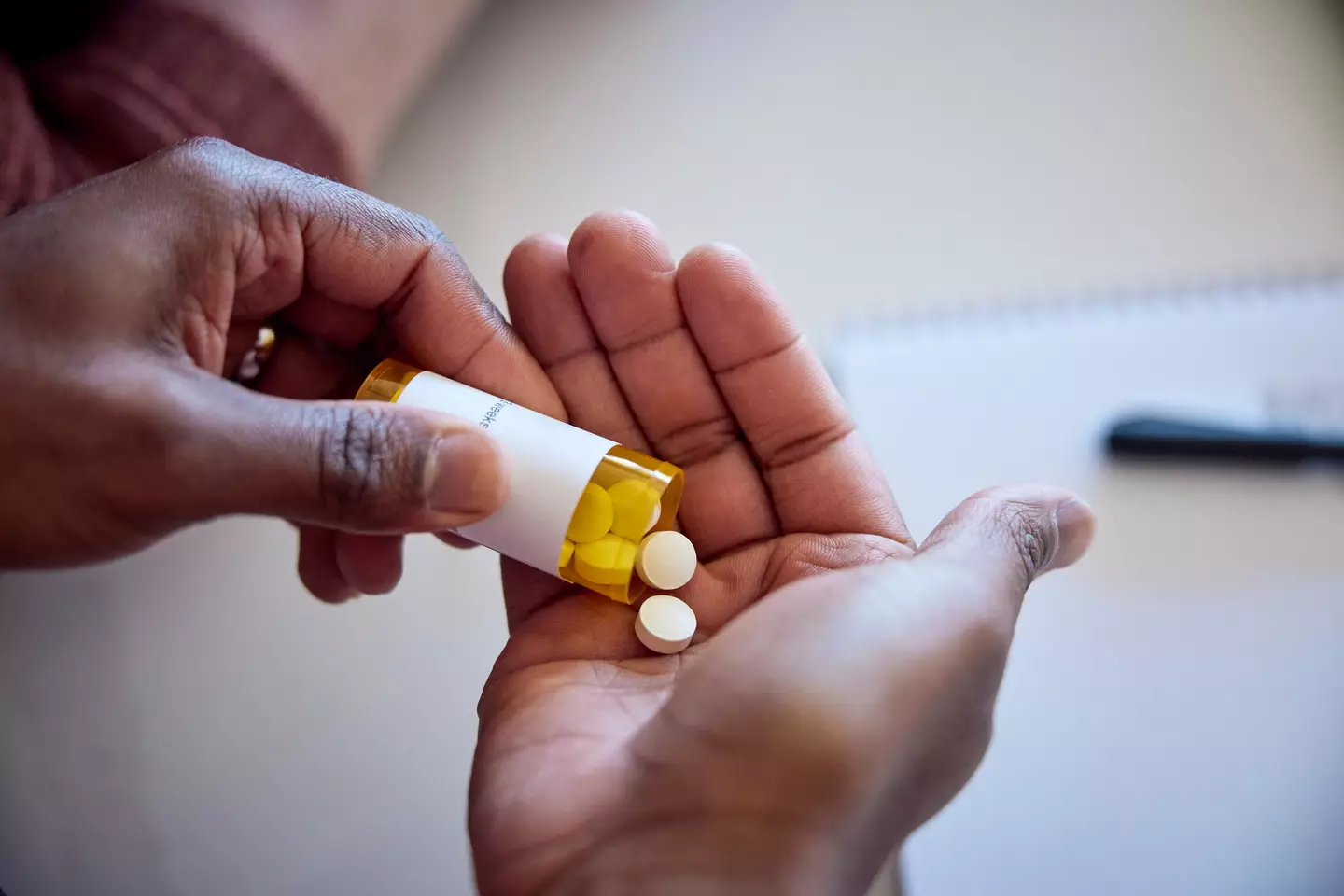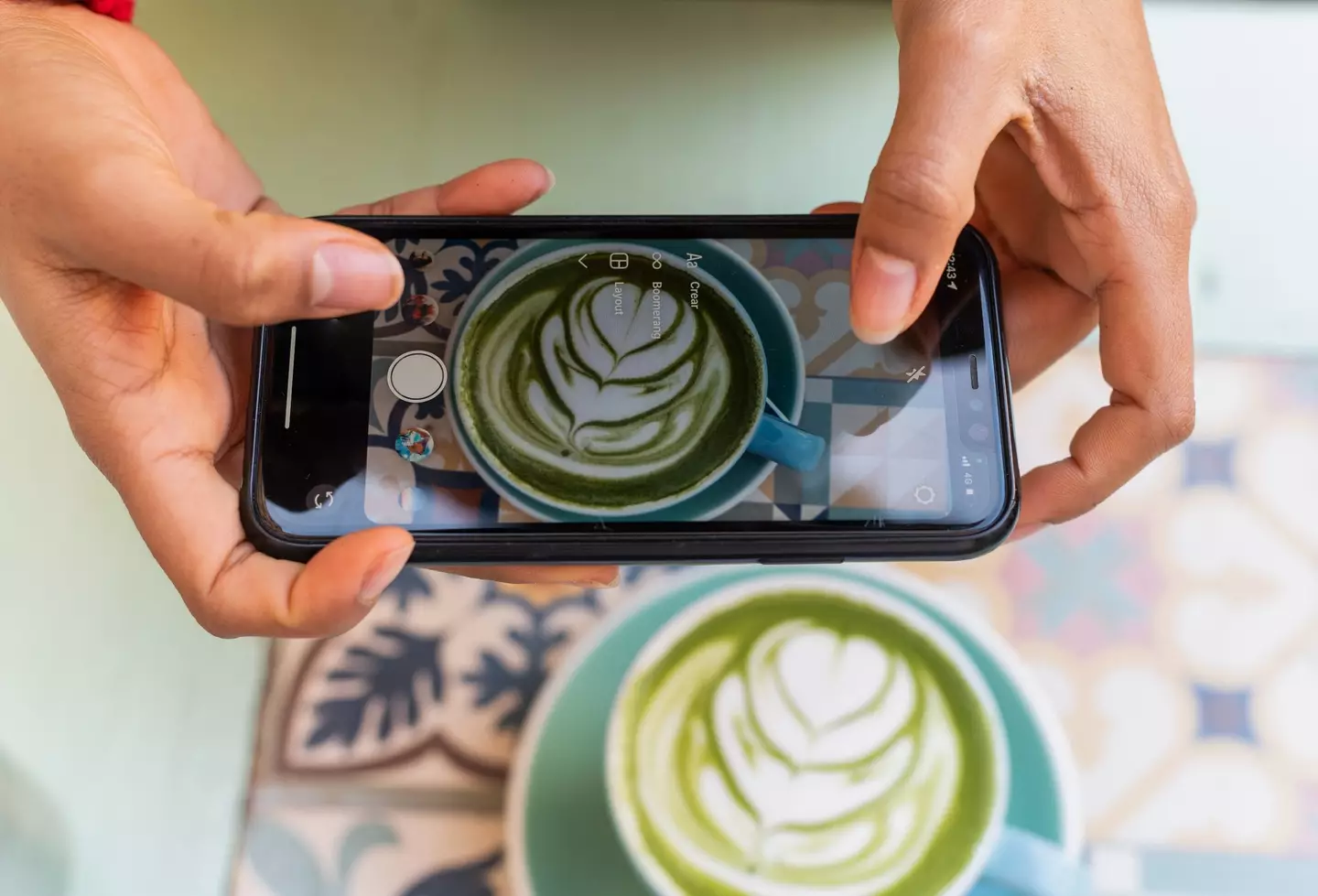
Topics: Health, Gen Z, News, Life, Food and Drink, Tyla Exclusive

Topics: Health, Gen Z, News, Life, Food and Drink, Tyla Exclusive
A health expert and nutritionist has issued a warning about the potential side effects of drinking matcha - especially if you're taking certain medications.
For those who are unfamiliar with the popular drink, matcha is a green, fine powder made from ground, shade-grown green tea leaves.
Once made into tea, it can be consumed hot or iced and combined with a whole slew of different Instagrammable flavours including blueberry, cinnamon, and banana, to name just a few.
It's become increasingly popular among Gen Z and Millennials, who are citing the drink's health benefits as a reason to introduce it into their diet in place of coffee.
Advert
People are so obsessed with the green beverage that earlier this year there was a shortage in Japan, meaning that tea companies were forced impose strict purchase limits on consumers, as reported by the Guardian.
However, in recent months, some matcha lovers have been reporting worrying side effects that they think could be due to the drink.

One woman who already suffered from anaemia, claimed she was hospitalised after she began noticing side effects such as fatigue, feeling cold and occasional heart palpitations.
She went to the hospital and found that blood examinations revealed her iron levels had dropped by almost half - and she believes matcha is the culprit.
Studies backed by the National Institutes of Health have revealed that green tea, including matcha, can actually hinder the body's ability to absorb iron from food.
Tyla spoke with Rania Salman, Doctify-rated health expert and nutritionist, on what the link is between matcha and low iron, and whether we're really at risk of any health issues by indulging in the popular drink.
The food expert has also issued a warning for those taking certain medications, as matcha may be more likely to impact them than other people.
Salman explained that like other green teas, matcha contains natural plant compounds called catechins.
She said: "These can reduce how well your body absorbs certain medicines - particularly some blood pressure medicines (like beta blockers), and certain antidepressants.
"Catechins can also bind with non-haem iron from plant foods and supplements, making it harder for the body to absorb.
"Matcha also contains a small amount of vitamin K, which can interfere with the action of blood-thinning medicines such as warfarin if consumed in large quantities.
"For most people on these medications, a small daily amount (around one cup) is unlikely to be a problem, but you should check with your GP or pharmacist before making it a regular habit."

She outlined three good rules of thumb when drinking matcha are to:
Salman went on to explain that while in some ways it is a healthier alternative to coffee, too much matcha can lead to the same side effects - jitters, a racing heartbeat, anxiety, trouble sleeping, or an upset stomach.
She explained: "Most healthy adults can tolerate up to around 300–400mg of caffeine a day. For matcha, that’s roughly 4–5 cups; for brewed coffee, it’s about 3–4 cups.
"Stronger preparations (for example, using 2 teaspoons of matcha powder) can easily match or exceed the caffeine content of coffee, so portion size matters."

If you're a die-hard matcha lover, don't start panicking! The trendy drink still has a whole slew of health benefits and can even help with conditions like polycystic ovary syndrome (PCOS).
The nutritionist explained that including the drink alongside a balanced diet and regular exercise may 'help support metabolism and improve insulin sensitivity, which can indirectly help with some PCOS symptoms'.
She explained: "Just keep expectations realistic—it won’t replace making consistent effort with general nutrition principles and lifestyle.
"Besides that, matcha has a few other benefits worth mentioning. It contains L-theanine, which can promote a sense of calm focus, and it provides a gentle caffeine boost without as much jitteriness as coffee.
"The antioxidants in matcha are also good for general cell health. If you decide to drink matcha regularly, just be mindful of the amount.
"Too much (more than about 2–3 cups a day) can sometimes cause stomach upset, interfere with iron absorption, or make it harder to sleep.
"In short, matcha is a nutritious drink you can enjoy as part of a healthy lifestyle, but it’s not a magic fix for hormonal imbalance or PCOS. Think of it as one supportive piece of a bigger picture—alongside good nutrition, movement, stress management, and any medical care you may need."